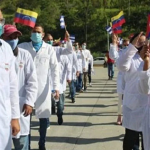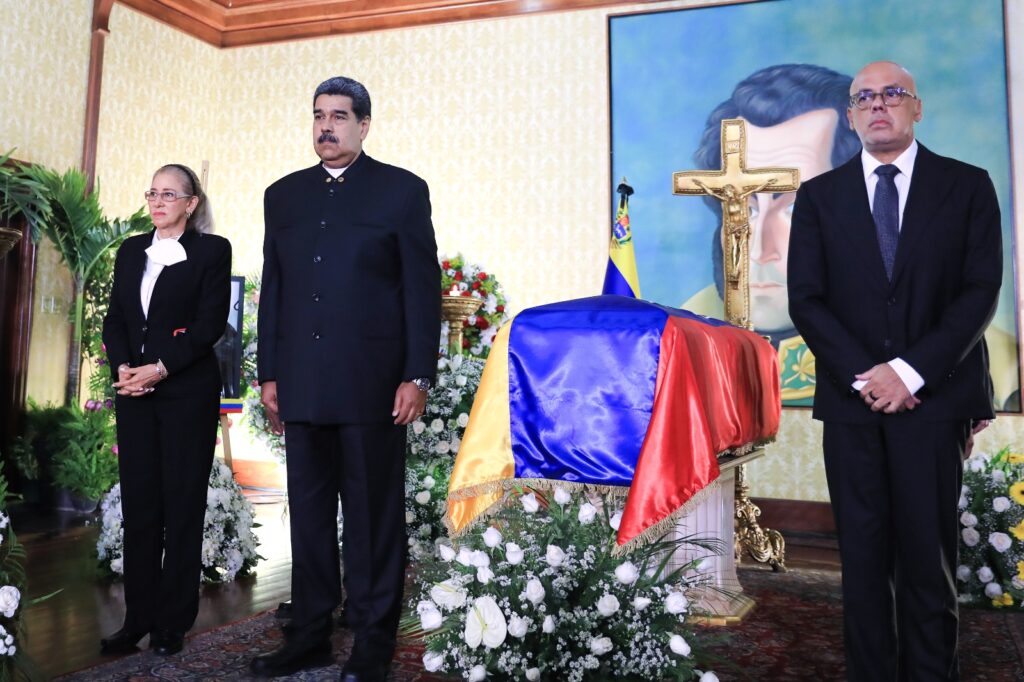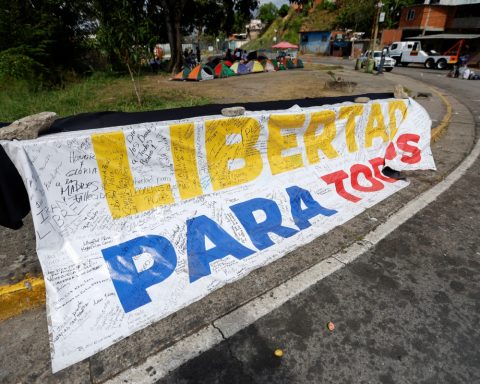The Minister of Transport, Renan Filho, said that Brazil needs to reverse the decline in investment in infrastructure, which has been registered since 2014. According to him, the government is committing public resources to expand these investments, and conditions this to the approval of the fiscal framework. which will be sent by the government to the National Congress.
The statement was made this Wednesday (123) during a hearing at the Chamber of Deputies’ Road and Transport Commission. Renan Filho began his participation by presenting surveys that show how low public and private investments in the country’s infrastructure are.
“Compared to countries close to ours, Brazil is one of the countries that make the least public investments”, he argued based on a study released by the Poder 360 website, covering the proportion of public investments in relation to the Gross Domestic Product (sum of all wealth produced in the country).
According to the survey, which covers Latin American and Caribbean countries, the countries with the lowest proportion of public investments are Brazil, Mexico and Aruba – each of them investing just 1% of their respective GDPs.
The first position is occupied by Bolivia, with 11% of its GDP being used in public investments, followed by the Dominican Republic, with 9%. Haiti and Ecuador invest 7% and 6%, respectively, while Nicaragua, Grenada, Peru, Colombia and Panama invest, each one of them, the corresponding to 5% of their respective GDPs.
Renan Filho also cited a study by the Brazilian Association of Infrastructure and Basic Industries (Abdib) showing that, after a sharp growth in public and private investments in Brazil between 2003 and 2014, there has since been a decline and “erratic movement” of these investments in the following years, especially public investments.
“An analysis of two decades of investments shows that, from 2014 to 2022, Brazil had a drop in investments and an erratic behavior that resulted, in 2022, in an investment [total] lower than that of 2014. This brought great difficulty for the country because there was an abrupt drop in public investment. And only in 2022 will we recover the level of private investment of 2014. In other words, public investment has shrunk a lot in recent years.”
Contracts
The minister presented budget projections that, according to him, may guarantee an increase in investments to be made in the coming years in the Brazilian road network.
“In recent times, we have two types of contracts, especially in Dnit [Departamento Nacional de Infraestrutura de Transportes]. One of the Pato type, which is simpler”, he said referring to the contracts of the Annual Work and Budget Plan. The second type is the Restoration and Maintenance Contract (Crema) which, according to the minister, despite being “more expensive and sophisticated”, offers better performance for the highway.
“Since there were no resources – and the Crema contract is more expensive –, in order to try to reach more places, the quality of contracting was reduced, and 88% of our contracts today are of the PATO type”, explained the minister. “This year we will have to increase investment and improve the quality of road maintenance contracts, moving from PATO to Crema”.
When that happens, he added, “we will be much better able to improve road quality in Brazil”. “We are already going to improve this year with the increase in investments, but we will have to change the hiring profile throughout the year to improve even more in the future, with more sophisticated contracts”, he said.
Tax framework
“I emphasize that, in order to have this investment capacity, it is essential to approve the new fiscal framework, recently presented by the Ministry of Finance to the National Congress”, he added.
According to the minister, Brazil needs to have a “minimum capacity” for investment. “If you invest less than the depreciation of the road network, you are contracting a worsening of the network. If you invest more than the depreciation, you are contracting a network improvement. This is the new cycle we are going to experience.”
Renan Filho informed that, at the beginning of the current government, there were around 1,000 contracts in the country that were paralyzed or running with resources below the needs of the physical-financial schedule.
“In the first 100 days of last year, R$ 800 million were invested in road and rail infrastructure works. This year (2023), we have already pledged BRL 3.3 billion [em recursos públicos]”, detailed the minister. The government’s expectation is to expand these commitments by December, in order to guarantee R$ 21 billion in public resources.















